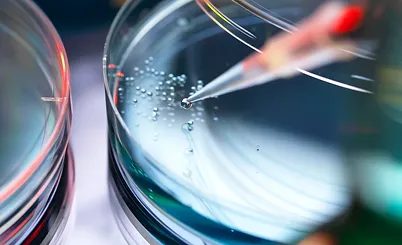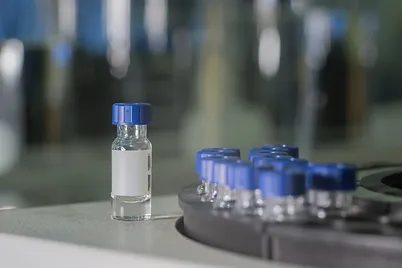The use of Regenerative Protein Array (RPA) represents a new frontier in regenerative health solutions. Regenerative medicine is an emerging field and little is known about this in the public sphere outside of the existing cutting-edge innovative research.
Regenerative Protein Arrays (RPA) play a role in intercellular communication and can carry bioactive molecules, such as proteins, nucleic acids, and lipids. In regenerative medicine. Regenerative Protein Arrays (RPA) are being investigated for their potential to promote tissue regeneration, modulate immune responses, and deliver therapeutic payloads to target cells.
Studies have shown that treatments with Regenerative Protein Array (RPA) show similar or better results when compared to stem cell treatment. Based on this information, it is thought that stem cell treatment facilitates its beneficial effects. By using Regenerative Protein Array (RPA) directly, we can eliminate the injection of stem cells which is known to cause potential issues during treatment.
Regenerative Protein Arrays (RPA) are the functional mechanism of the regenerative process. Due to the fact that dG Medical Group’s Regenerative Protein Arrays (RPA) are a cell-free product, they avoid the common risks associated with live cell biologics.
As with any emerging field of medicine, regulatory bodies and authorities have an important role in ensuring the safety and efficacy of Placenta-Derived Protein-based therapies. The FDA has recently notified the industry that all regenerative medicine products intended for clinical use must go through their regulatory process.




